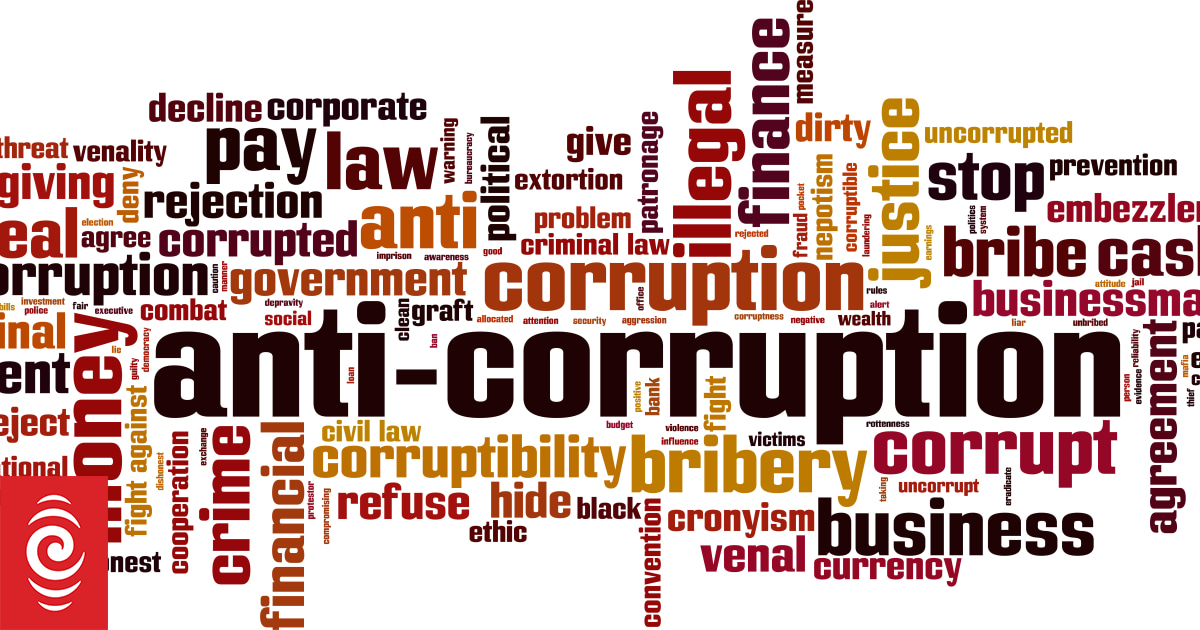
Government Steps up Anti-Graft Drive with New Laws, Strategies
- CNL Reporter
- December 17, 2024
- Political
- Government Steps up Anti-Graft Drive with New Laws, Strategies
- 0 Comments
Behind the News
The National Anti-Corruption Plan for 2025–2029 is being expedited through inclusive consultations, with an unprecedentedly strong public mandate.
The plan is being led by the Commission to Investigate Allegations of Bribery or Corruption and is due by December 2024 to meet IMF requirements related to governance.
The first annual performance report on the Asset Declaration system is also due this month from CIABOC.
This initiative reflects the government’s acknowledgment of corruption’s impact and its commitment to a strategic, inclusive anti-corruption framework.
According to several legal experts, effective anti-corruption strategies improve governance, establish accountability for implementation, and enable public monitoring of corruption trends.
The government is to bring in three important bills on stolen assets, proceeds of crime, and other illicit activities such as money laundering and drug trafficking.
Justice Minister Harshana Nanayakkara listed them as the Proceeds of Crime Bill, the Rescue, Rehabilitation, and Insolvency Bill, and amendments to the Audit Act.
The Anti-Corruption Act No. 09 of 2023 already provides a robust framework to combat corruption in both public and private sectors.
Issuing a statement Former Justice Minister Wijeyadasa Rajapakshe described the Act as one of the most advanced anti-corruption laws in the Asia-Pacific region.
More than 90 bills have been passed over the recent past, mending gaps in the legal system, of which the Election Expenses Regulation Act No. 03 of 2023 has served to regulate the recently concluded election.
Also, in August 2024, the Cabinet approved a draft law for the confiscation of illicitly earned wealth to be transferred to the state.
This was after more than one year of hectic consultation and deliberations spearheaded by Supreme Court Justice Yasantha Kodagoda, he disclosed.
The proposed Rescue, Rehabilitation, and Insolvency Bill aims to address investor concerns through legally supporting business operations, access to credit, and the fostering of entrepreneurship.
This draft was approved by Cabinet in June 2023 with a view to increasing economic efficiency and securing employment opportunities.
While CIABOC does have legal powers under the Anti-Corruption Act, it has operational problems due to an insufficient number of personnel and equipment.
Most of its investigation staff is seconded from the Sri Lankan Police, a situation that has raised independence concerns, especially in investigating complaints against the police.
The Anti-Corruption Act brought a unified electronic system for submitting and verifying asset and liability declarations.
Public servants, members of Parliament, judges, and those standing for public office should file declarations of their own assets and those of their close family within three months after coming into office.
But this system still suffers from the same persistent problems: shortages in verification and poor enforcement of compliance.
Sri Lanka’s renewed anti-corruption push is a critical moment for governance reform. When implemented effectively, these measures can boost the country’s fight against corruption, strengthen investor confidence, and further develop economic resilience.

